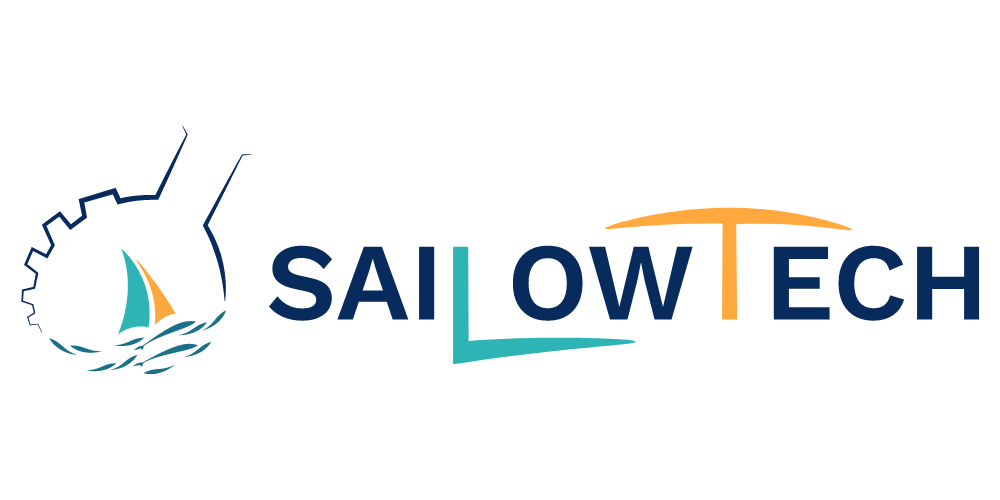Embarked laboratory
Let’s take up the challenge of a more accessible science on board a sailing boat to understand the marine microbiome!
Atlantea is the first expedition of the Plankton Mission, which aims to explore the potential of frugal science to assess the biodiversity of surface plankton in different environmental contexts. For this expedition, we will perform measurements and embark frugal instruments to participate in the understanding of the oceanic life that we do not see and that is nevertheless fundamental for the health of the Ocean and more globally of the planet: the marine microbiome!
Observing the invisible plankton: the marine microbiome!

Plankton Planet is a consortium of scientists developing frugal measuring instruments for participatory science. Their instruments are simple, effective and very robust. Their community of Planktonauts, who take measurements at sea with their instruments, enables them to catalyze ocean data collection. Their team, expert in the scientific logistics of sailing vessels like ours, has played a major role in our scientific development.
We’ll have several of their instruments on board, including a Planktoscope, a plankton microscope.
Genorobotics is a multidisciplinary academic project at EPFL. Their aim is to simplify the understanding of biodiversity by simplifying genetic studies in the field, particularly in the aquatic domain. We’ll be taking on board one of their instruments for collecting microscopic plankton and conserving them frugally, in order to test it under oceanic conditions and help its future development. This is an adaptation of their CoWaS (Continuous Water Sampler), which their team is used to using on Lake Geneva.
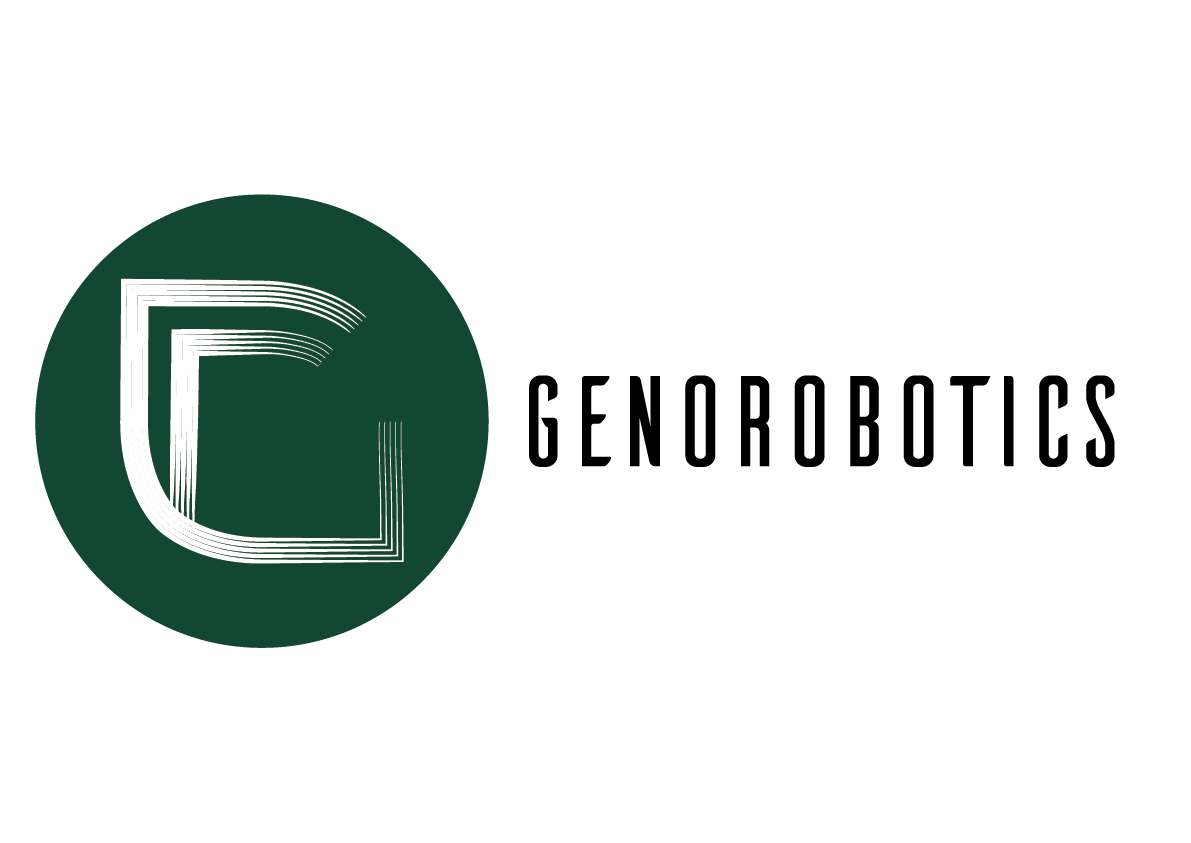
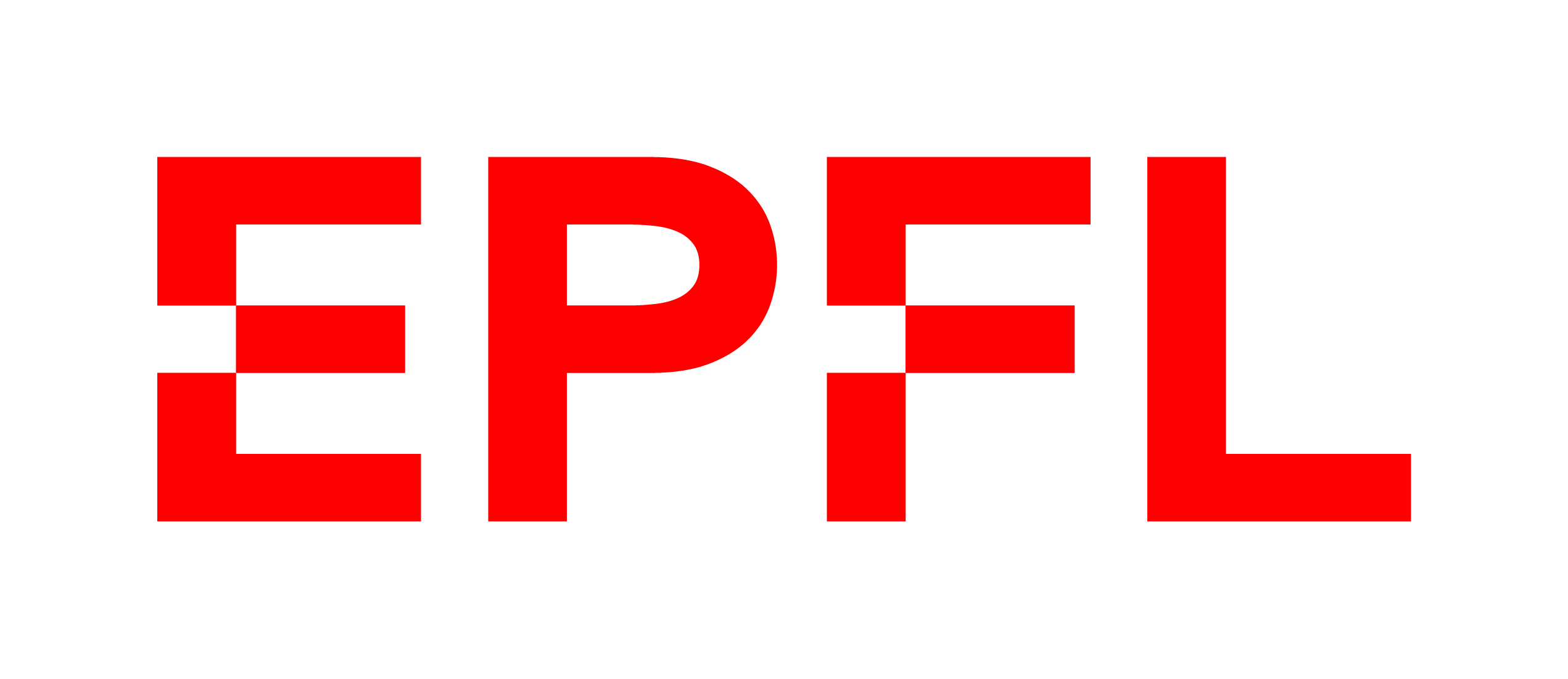
The Dudin Lab has developed a very special microscopy technology. It’s difficult to observe very small organisms when you don’t know what they are, as you often have to select and stain them to visualize them. But thanks to this expansion microscopy, the Dudin Lab is able to observe tiny plankton even if they are unknown. We will be collecting water samples during the expedition, which will be processed by the Dudin Lab in an attempt to observe little-known organisms, and to test this technology with ocean samples for the first time.
Understanding our environment: pollutions and variations



With the help of the SENSE Lab a low-tech CTD. A CTD contains a conductivity, temperature and depth sensor. The special feature of this development is that each sensor can be changed independently. This modularity ensures a longer service life for this essential instrument for studying chemicophysical processes in aquatic environments.
Atlantea will send for analysis to the Department F.-A. Forel for Environmental Science and Water (DEFSE) for the study of gases dissolved in water. This information is invaluable for studying climate change and its impact on the ocean. It will also be an opportunity for DEFSE to validate their sampling protocol in the open sea.
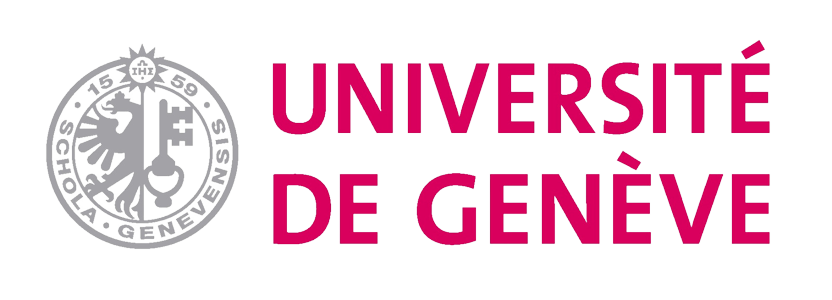

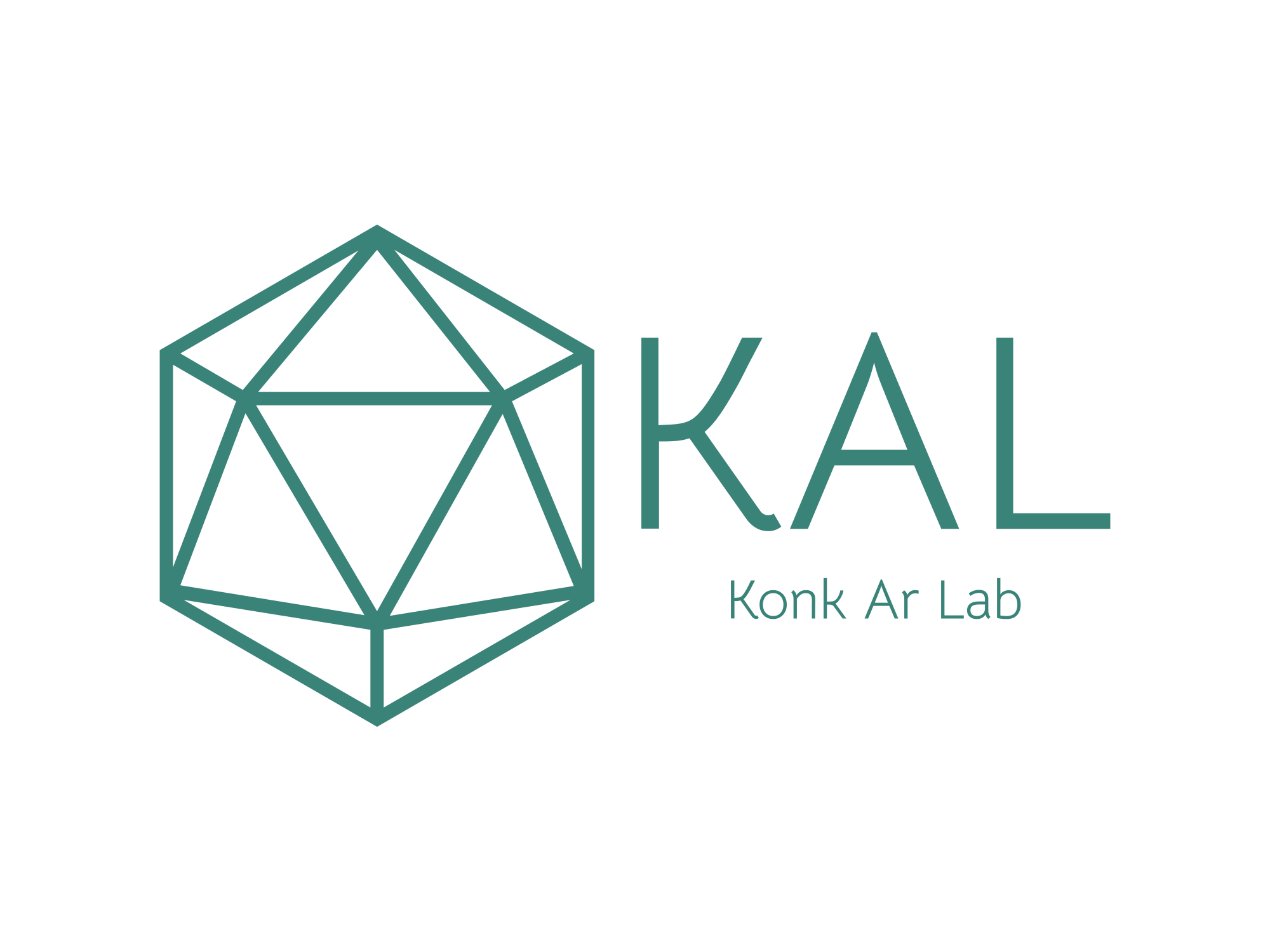

On the basis of the open-source Konk Ar Lab, a FabLab in Concarneau, France, we are building the KOSMOS (Kamera d’Observation Sous-marine Open-Source). This is an autonomous underwater system for capturing images of coastal biodiversity. This instrument will enable the observation of larger animals.
